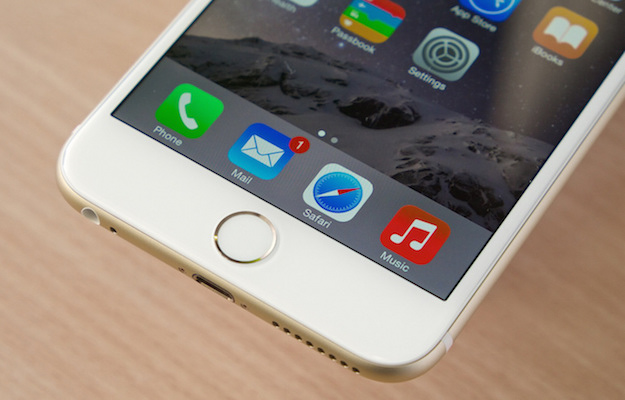Touch ID functionality on the iPhone is incredibly powerful and convenient. Not only does it make the unlocking process much more efficient, it also powers Apple Pay which enables users to pay for goods and services using only a fingerprint. Because Touch ID plays such an integral role in the iOS user experience, Apple has naturally enacted a number of security measures around the feature.
Unfortunately, those security measures can sometimes have unintended consequences, something that many iPhone 6 owners have reportedly started learning the hard way. According to a number of reports that began surfacing last week, iPhone 6 owners who had the Touch ID component of their iPhone repaired by third-party contractors are finding that their iPhones have become bricked after upgrading to either iOS 9 or later, only leaving users with a mysterious “Error 53” message.
DON’T MISS: Yup, it looks like the iPhone 7 is going to be huge
As word of the error began to make its way around the web, Apple issued a statement acknowledging the error and indicating that it’s the result of Apple’s security measures.
We take customer security very seriously and Error 53 is the result of security checks designed to protect our customers. iOS checks that the Touch ID sensor in your iPhone or iPad correctly matches your device’s other components. If iOS finds a mismatch, the check fails and Touch ID, including for Apple Pay use, is disabled. This security measure is necessary to protect your device and prevent a fraudulent Touch ID sensor from being used. If a customer encounters Error 53, we encourage them to contact Apple Support.
And just like clockwork, now comes word via The Guardian that lawyers in both the United States and the UK are already contemplating class-action lawsuits against Apple, with the allegation being that Apple is in violation of any number of consumer protection laws.
In the UK, a barrister told the Guardian that Apple’s “reckless” policy of effectively killing people’s iPhones following the software upgrade could potentially be viewed as an offence under the Criminal Damage Act 1971. The act makes it an offence to intentionally destroy the property of another.
In the United States meanwhile, the Seattle-based firm PVCA is exploring a class-action suit and is already looking to get in touch with affected users. What’s interesting about PVCA is that they’re taking the position that Apple’s Touch ID security measures may have less to do with security and more to do with Apple wanting to be the only party to profit from iPhone related repairs.
“We believe that Apple may be intentionally forcing users to use their repair services, which cost much more than most third party repair shops,” the law firm’s website reads. “Where you could get your screen replaced by a neighborhood repair facility for $50-80, Apple charges $129 or more. There is incentive for Apple to keep end users from finding alternative methods to fix their products… That is wrong, and we hope to prove that it violates various consumer protection laws in the United States.”
Nothing has been filed yet, but this will be an interesting topic to keep an eye on, if only because Apple not implementing rigorous security protocols around Touch ID might have also led to a separate class action suit. Per usual, it seems that Apple’s deep pockets have put it in a lose-lose situation.




